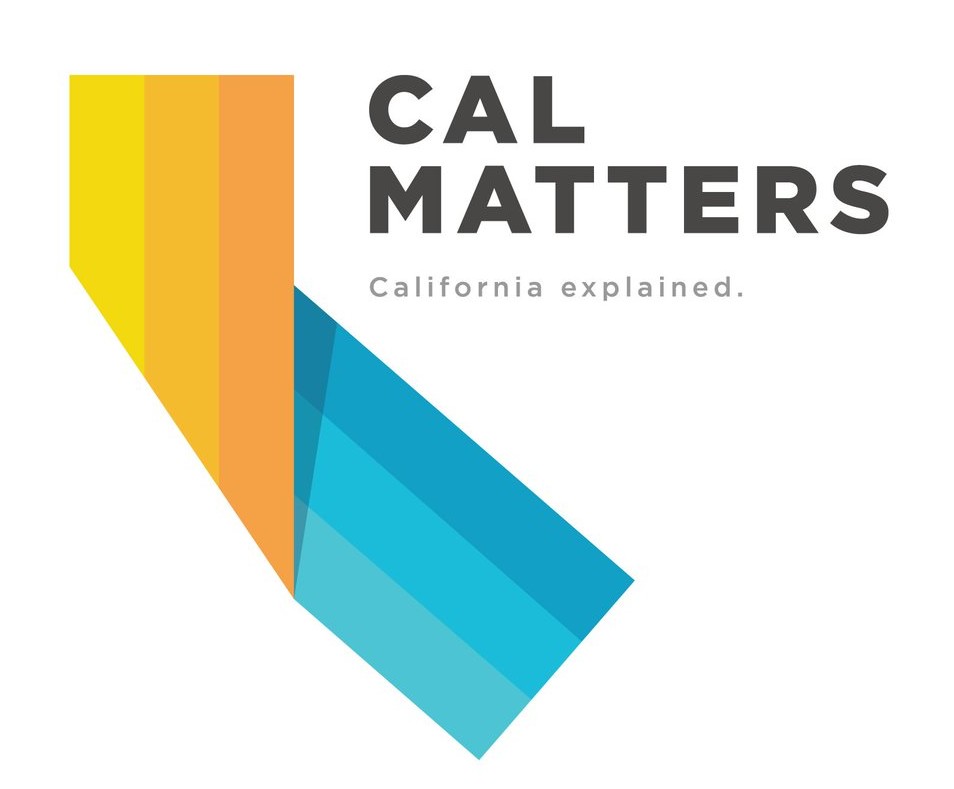 Redding Police Chief Brian Barner has long thought it was odd that community service officers are allowed to interview witnesses to crimes, but state law prohibits them from testifying about what they were told.
Redding Police Chief Brian Barner has long thought it was odd that community service officers are allowed to interview witnesses to crimes, but state law prohibits them from testifying about what they were told.
Instead, gun-carrying officers with arrest powers, he said, have to get pulled off their beats to reinterview each witness and then go to court to recount what the witnesses said.
“It just takes that officer off the street and from doing proactive enforcement and responding to emergency calls,” Barner said in an interview with CalMatters.
So Barner and his colleagues around the state turned to Barner’s state senator, Republican Brian Dahle, who challenged Gov. Gavin Newsom in the 2021 recall election, running on a platform that included slamming Newsom on crime.
They asked Dahle to ease the burden on the state’s shrinking police forces by allowing community service officers — uniformed police department civilian employees who don’t have arrest powers — to testify at preliminary hearings.
On Tuesday, the Senate’s Public Safety Committee grudgingly passed Dahle’s second attempt at a bill, over opposition from the ACLU, police-reform advocates and criminal defense attorneys. The opponents expressed fears that it would lead to shoddy testimony used to keep innocent people behind bars.
“We’ve gotten it wrong way too many times,” said Ignacio Hernandez, a lobbyist for California Attorneys for Criminal Justice. “This bill moves us in the wrong direction.”
Bill would change ballot initiative
Dahle’s bill, SB 804, would amend Proposition 115, the “Crime Victims Justice Reform Act, passed by voters in 1990. The proposition included a provision that allows for changes with a two-thirds vote of both the Senate and the Assembly, according to a legislative analysis.
Among other things, the proposition allowed sworn police officers to testify about witness statements in preliminary hearings. Previously, witnesses were required to appear in court for preliminary hearings because police testimony about their statements was considered non-admissible “hearsay.”
“Prelims,” as they’re often called, are mini trials in felony cases at which authorities present evidence to a judge who decides whether to move ahead with a full trial. Witnesses or victims are still required to testify in a trial.
Supporters of the proposition wanted to speed up the pre-trial process and prevent victims and witnesses from having to show up multiple times to court. Now, proponents of the legislation, including the California Police Chiefs Association, hope they can relieve police officers of the court appearance as well.
In 1990, when the initiative was passed, it wasn’t as much of an issue for an officer to get pulled off the beat to testify at a preliminary hearing, given that staffing levels of the state’s police departments and sheriff’s offices were higher.
But since 1990, the state’s population has grown by nearly 10 million people, yet the numbers of California’s sworn patrol officers have dropped to below where they were in 1991, according to a recent report from the Public Policy Institute of California.
Sworn officer staffing shortages are particularly prevalent in rural areas such as those in Dahle’s sprawling senate district in northeastern California. There, police chiefs and sheriffs say they struggle to compete with big cities that offer higher salaries to new officers. Regularly, entire communities don’t have an officer on the clock for parts of the day.
At the same time, in the wake of high-profile cases of unjustified police violence against people of color, including the 2020 murder of George Floyd, social justice advocates have been urging California lawmakers and local governments to scale back the numbers of armed police patrolling communities of color. Instead, some communities are deploying unarmed social or mental-health workers trained to defuse confrontations in situations where armed officers used to be the sole respondents.
Two abstain in committee vote
Dahle testified Tuesday that his bill would help ease the burden on understaffed police departments and ensure that community service officers taking witness statements are held to the same standards police officers are. His legislation mandates that non-sworn officers who testify at prelims are required to undergo the same hearsay testimony training as a sworn officer or have at least five years of experience in their role.
To address concerns about shoddy testimony, he said he amended the bill to place community service officers who are caught lying on the same “Brady List” that’s used to prevent sworn officers who lie or who have integrity issues from testifying in court.
“This change helps hold the witnesses accountable and ensures that only the best, most reliable testimony is admissible in court,” Dahle said.
The bill passed the five-member Senate Public Safety Committee without a single “no” vote, despite more than 20 defense attorneys and social-justice and police-reform activists – influential groups among the Democratic supermajority – speaking out against it.
Oakland Democrat Sen. Nancy Skinner and the committee’s chair, Sen. Aisha Wahab of Fremont, abstained from actually voting, however.
After opposing the bill last year, they said that they were beginning to see the benefits of having community service officers take witness statements, instead of armed police officers.
“I can see a role for these individuals,” Skinner said. “And the thing that gives me a little more comfort is the requirement of these people having been in such a role for at least five years or having had the equivalent training. This is still tricky, but I don’t have the same opposition.”
Dahle’s bill now moves to the Senate floor and then, if it passes, to the Assembly.
Any Republican-authored bill faces a troubled future in the Democrat-controlled Legislature.
In the last full legislative session, only 23% of Republican-authored bills were signed into law, according to a CalMatters analysis. Democrat-authored bills, by contrast, had a 43% success rate.
By Ryan Sabalow. Originally published by CalMatters.
CalMatters.org is a nonprofit, nonpartisan media venture explaining California policies and politics





